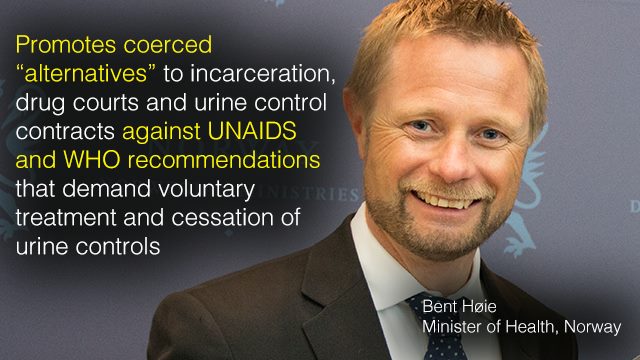Norway claims to have a progressive drug policy – but does it really? Our guest author from NORML Norway thinks otherwise.
News and Films from the Frontline of the War on Drugs

| Author: Péter Sárosi
Norway claims to have a progressive drug policy – but does it really? Our guest author from NORML Norway thinks otherwise.
Access to this article is free - but to produce articles and videos is not. Drugreporter is a non-profit website that needs your support to provide you with high quality contents.
Rights Reporter Foundation
Hungary, 1032 Budapest
San Marco Street 70.
Email: rightsreporter@rightsreporter.net